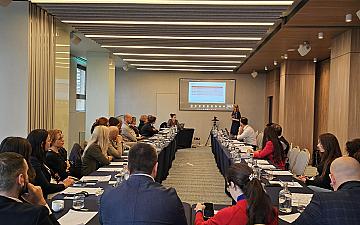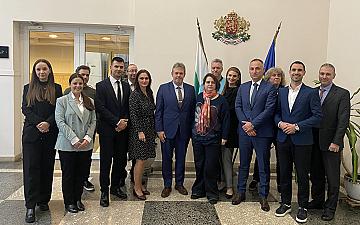The emerging importance of virtual currencies challenges the law. Protection of means of payment is aligned with traditional currencies and their regulation. These regulations are increasingly challenged by new currencies such as Bitcoin that are developed and administered by non-state players.
It is therefore to be discussed whether state protection is or should be limited to traditional currencies or should be widened to cover virtual currencies. Should, for example, traditional forms of property protection also apply to virtual money? Should money laundering prevention rules apply? But also traditional instruments of criminal law could need adaptation: How do instruments of criminal investigation and sanctions such as monetary fines need to be modernised?
These and similar questions were discussed during the MAPPING Bitcoin-conference, which was held on 19 January 2017 in Hannover, Germany. The event was organised together with the Institute for Criminal Science of the University Gottfried Wilhelm Leibniz Hannover.
For further information, please visit the project website.









